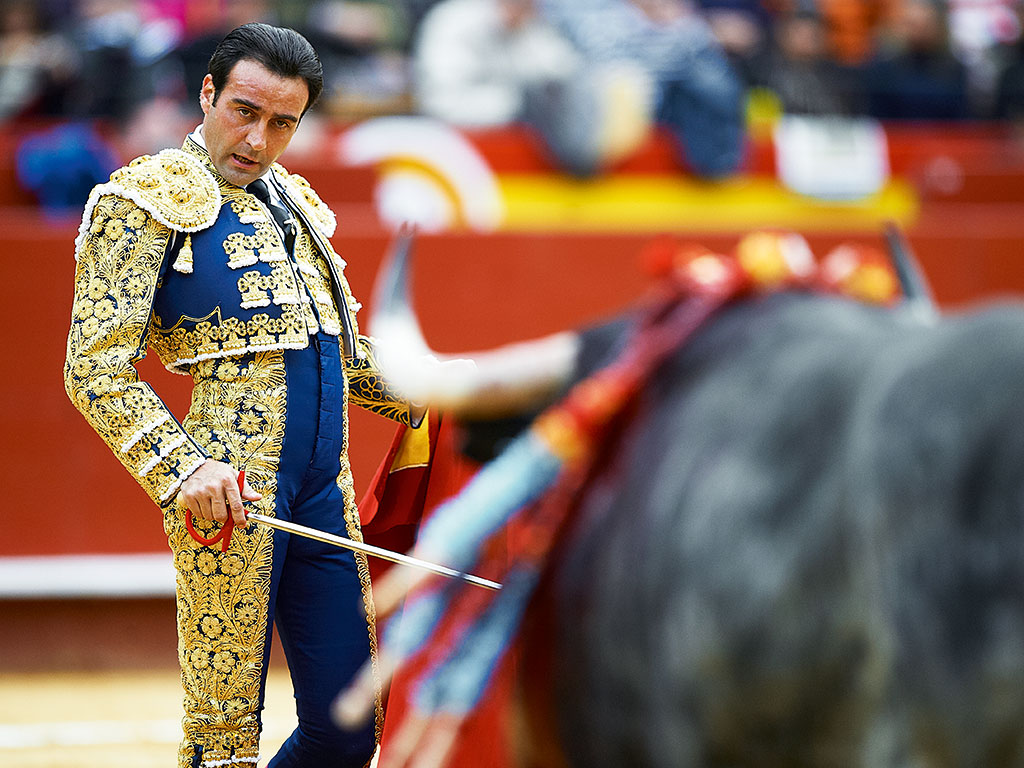
NOTE: I am on a “retirement/anniversary” trip and will be out until late September. In the meantime, I’m sharing recycled DayBreaks for 2010. Thanks for your understanding!
From the DayBreaks archive, September 2010:
In 1988, the poet Carol Wimmer became concerned about the self-righteous, judgmental spirit she was seeing in some people because she felt strongly that being judgmental is a perversion of the Christian faith. So, she wrote a poem called “When I say I am a Christian” and here it is:
“When I say, ‘I am a Christian,’ I’m not shouting, ‘I’ve been saved!’ I’m whispering, ‘I get lost!’ That’s why I chose this way.
When I say ‘I am a Christian,’ I don’t speak with human pride. I’m confessing that I stumble – needing God to be my guide.
When I say ‘I am a Christian,’ I’m not trying to be strong. I’m professing that I’m weak and pray for strength to carry on.
When I say ‘I am a Christian,’ I’m not bragging of success. I’m admitting that I’ve failed and cannot ever pay the debt.
When I say, ‘I am a Christian,’ I don’t think I know it all. I submit to my confusion asking humbly to be taught.
When I say ‘I am a Christian,’ I’m not claiming to be perfect. My flaws are far too visible, but God believes I’m worth it.
When I say, ‘I am a Christian,’ I still feel the sting of pain. I have my share of heartache which is why I seek His name.
When I say, ‘I am a Christian,’ I do not wish to judge. I have no authority – I only know I’m loved.”
This is a rather stark contrast to the statement that many make, “I’m a Christian!” in response to something that they have observed that disgusted them, or to an invitation to do something that they should not. It makes the three words sound like a boast – a judgment – that “If you were a Christian you wouldn’t do such things!” It is sad, that of all the people who should be the most humble in the world, Christians are frequently proud rather than abased. Shouldn’t knowing that I’m wretched and sinful that Christ had to die for ME make me humble, not proud?
PRAYER: Lord, I am a Christian because I believe in Your Son and I am so desperately needy! In Jesus’ name, Amen.Copyright 2020 by Galen C. Dalrymple. ><}}}”>









